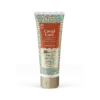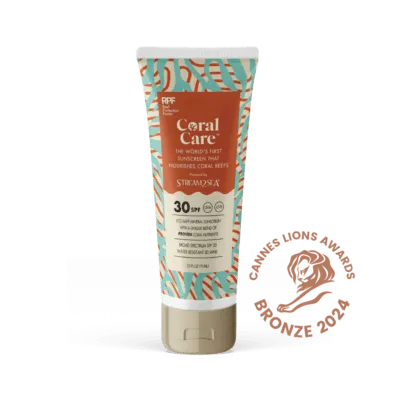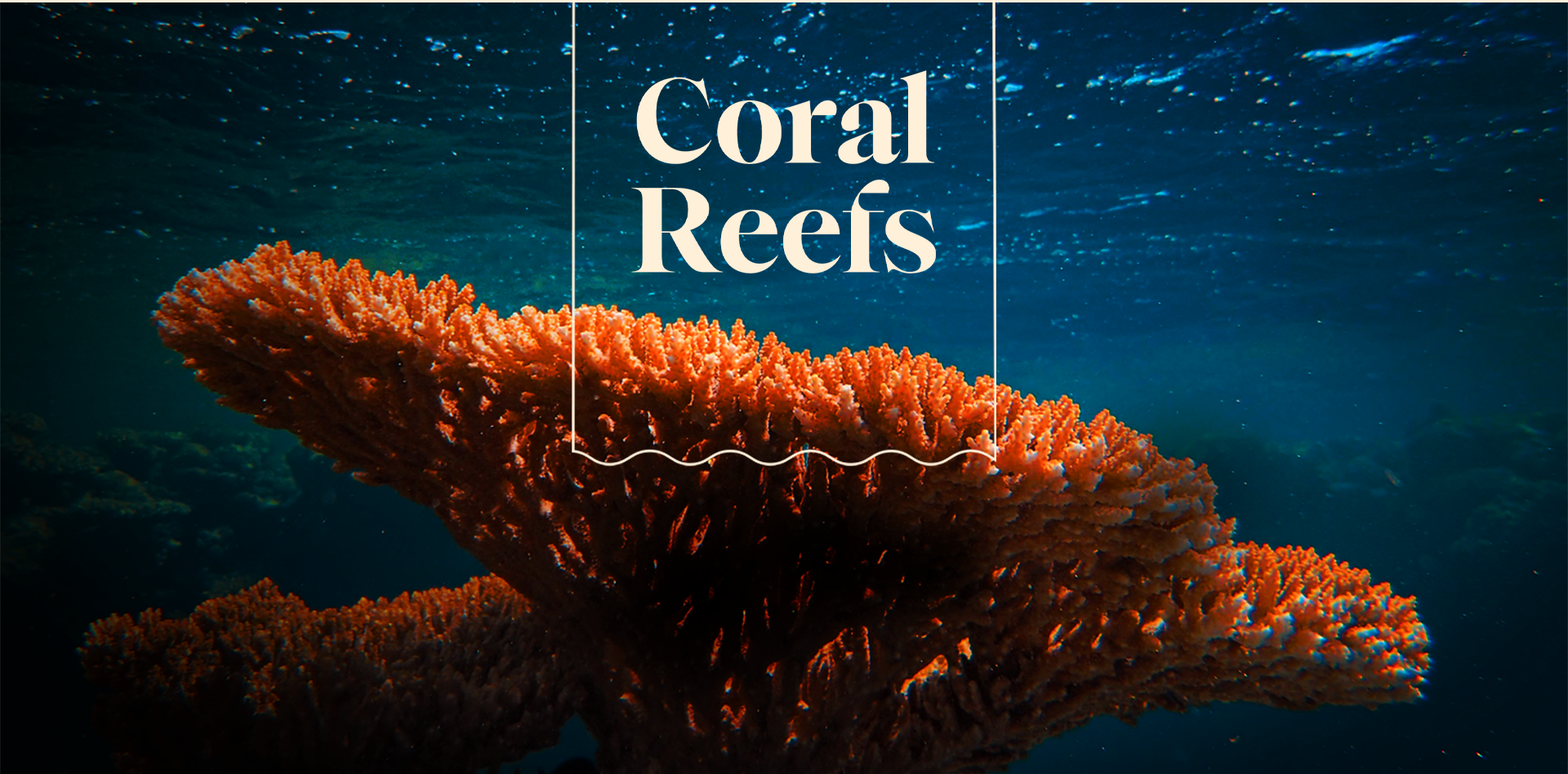
Stream2Sea Global
Coral Care SPF 30






What makes Coral Care unique?
Coral Care is the world’s first sunscreen that isn’t just reef-safe, but actively feeds and nourishes coral. This is thanks to research and collaboration with leading cosmetic chemists and marine experts to create a unique formula, containing nutrients used by coral farmers to help coral thrive.
Coral Care has undergone extensive testing at the prestigious University of Derby, a university that excels in marine sciences. During our testing, we discovered Coral Care can boost healthy growth by as high as 21% in some species of coral.
We believe Coral Care is a positive step forward towards turning the tide on coral bleaching.

You’ve heard of SPF, introducing RPF
Many brands and sunscreen products out in the world right now claiming to be reef-safe, aren’t, which is causing a lot of damage to the reefs, while also misleading the public about which products are genuinely safe for coral and sea-life. This is why Coral Care carries the new RPF certification. We believe that Reef Protection Factor will be a game-changing marque in marine conservation. Right now, it’s just on our Coral Care product range, but in the future, we hope other brands will use this certification as proof of their intentions toward coral safety and regeneration.




